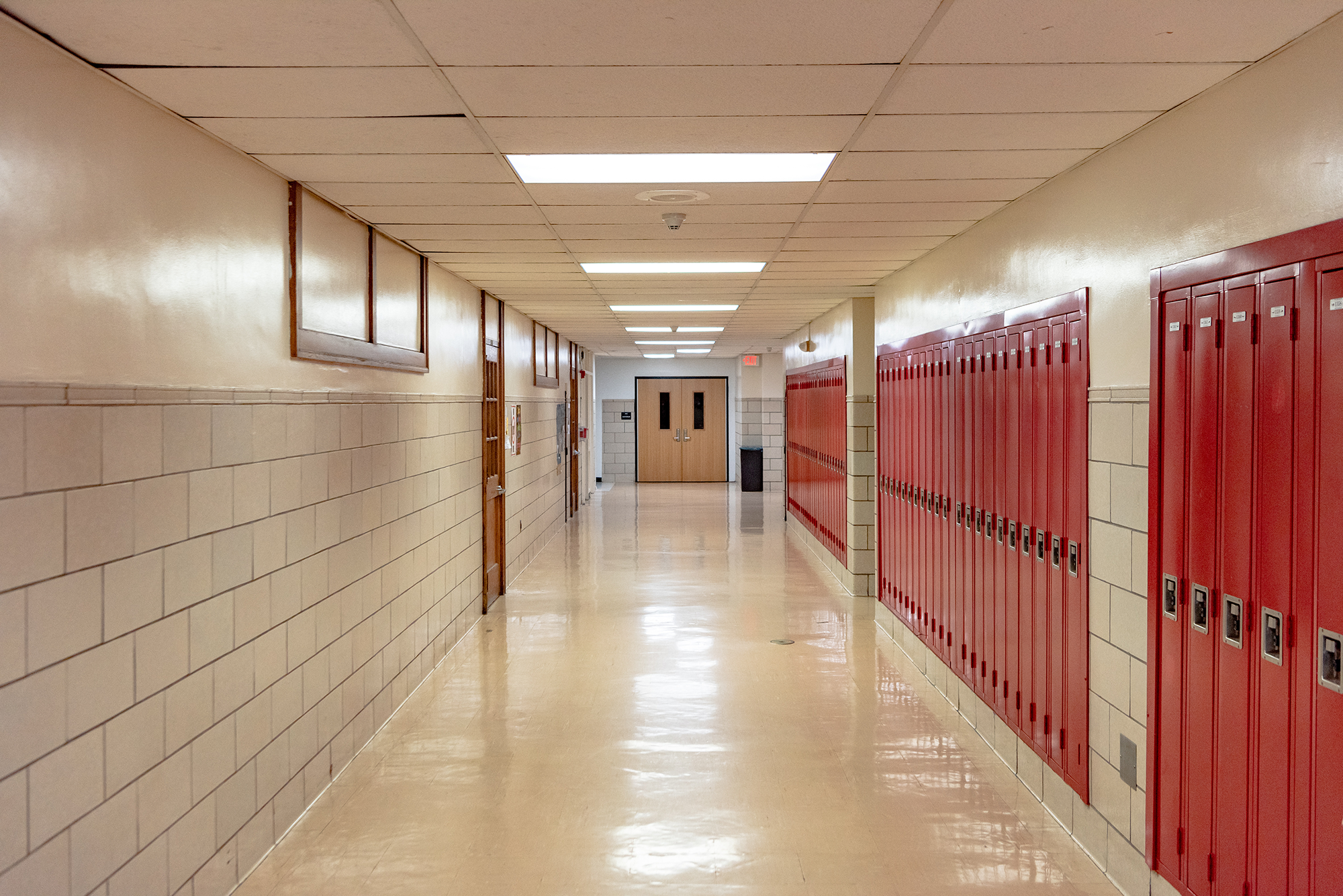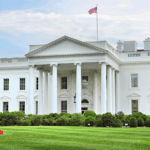This is the first in a three-part series considering the justifications, costs, and alternatives to continued unjustifiable school closures due to COVID-19.
With the rise of the so-called “delta variant” of COVID-19, the threat of public schools once again eliminating in-person instruction looms over the coming school year.
Besides wondering how this continued reliance on remote video conferencing software will affect the price of ZOOM stock, the most obvious question is whether COVID-19 even presents a statistically significant risk to our children that would justify the previous or upcoming closures.
In fact, it doesn’t. Not even close.
Of all segments of the population, school-age children and the relatively young and healthy are by far the least at-risk of serious illness or death due to COVID-19.
As revealed by the following data compiled by the New York Times, American youngsters are far more likely to die of drowning or in a car accident than they are from COVID-19. But we don’t hear lawmakers, bureaucrats or the ever-shifting Dr. Fauci calling for the closure of swimming pools or improving the design of children’s car seats.
So, if it’s statistically almost impossible for kids to die of COVID, how likely is it they’ll even contract the virus? According to the following data, of the tiny group of children who could potentially even catch COVID-19, barely one in 50 will show any long-term symptoms.

In fact, there is a 50 percent likelihood that children with COVID-19 will be totally asymptomatic, and of those with any symptoms, the most common are headache and fatigue. Compare these risks with those presented by the flu or, again, motor vehicle accidents.
A final remaining question might be whether the tiny number of kids who will even catch COVID-19 are capable of spreading it to more vulnerable members of their family or community.
Perhaps unsurprisingly at this point, the answer appears to be no.
A recent study in the Journal of American Medical Association (JAMA) shows that not only are young children at low risk for catching COVID-19, but also don’t play a significant role in spreading the virus by attending school.
According to Theodore Strange, MD, interim chair of medicine at Staten Island University Hospital in New York, “It appears that young children 0-9 have shown not only in this study but observationally over the last year of the pandemic that this group has little to do with spread of COVID.”
So where does this leave us?
Unfortunately, while the experiences of children are a very poor case in point for COVID-19 scaremongers, they make excellent pawns for those who have no qualms about trading their education in exchange for gains at the bargaining table.
In other words, teachers’ unions.
We can only hope that school boards across the country will resist the pressure exerted by local bureaucrats and their allies in organized labor to make decisions that not only are unsupported by science, but in the short- and long run cause our children more harm than good.












